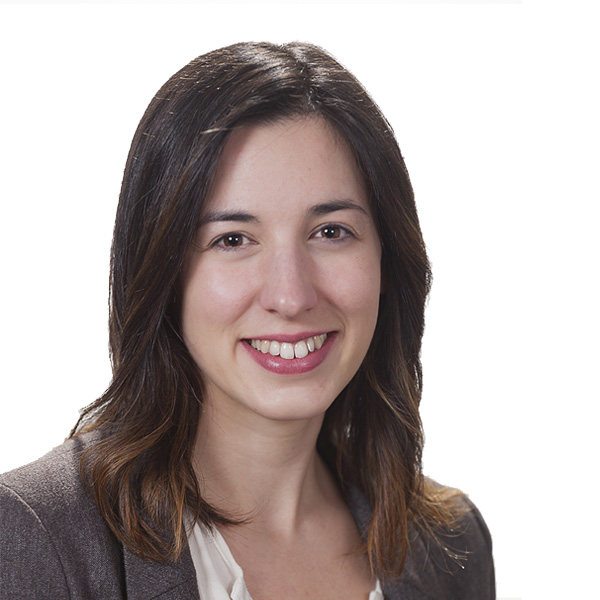Communication is a fundamental aspect of human interactions, and is essential in many aspects of our lives, from personal relationships to professional development. Still, for some adults, communication can be a challenge if they suffer from language, speech or voice difficulties. This is where adult speech therapy comes in, providing valuable intervention to help people improve their communication skills and gain confidence in their abilities. In this article, we will explore the importance of adult speech therapy and the positive impact it can have on people’s lives.
Understanding language, speech and voice disorders in adults
Communication difficulties in adults can be secondary to a number of different causes. On the one hand, they may be caused by acquired brain damage, such as stroke or head injury; by neurodegenerative diseases, such as Parkinson’s; or they may be the result of a developmental disorder, psychological factors, or organic causes, such as cancer. These disorders can appear in different ways, affecting language, speech and/or voice.
What language disorders can adults suffer from?
Language is the ability of human beings to express thoughts and feelings through words. If an adult suffers a stroke or head injury, his or her language ability may be impaired, making it difficult not only to express thoughts but also to understand what is being said. There are several neurological language disorders, although the best known is aphasia.

How can we develop a good sleep hygiene?
Aphasia occurs when there is damage in the areas of the brain responsible for language processing. This condition can be temporary or prolonged, depending on the cause and other factors. Speech therapy helps to improve the language skills of sufferers.
The most common types of aphasia are:
- Broca's aphasia: People with Broca's aphasia generally understand what is being said, although they may have difficulty understanding long or complex sentences. On the other hand, they have greater difficulty expressing what they mean.
- Wernicke's aphasia: This type of aphasia is characterized by difficulty in understanding sentences, and by expression with words and phrases with little meaning, or out of context.
Can an adult have other communication difficulties?
In speech therapy terms, when we talk about language, we refer to the content of what we are communicating, i.e. the words, the syntactic rules that make up sentences, and the coherence between what we are saying and the context of the conversation. Other areas of oral communication that may be affected are speech and voice.
Speech refers to the coordination of face and mouth muscles that we use to articulate words properly and fluently. If a person has not learned to articulate certain sounds during language acquisition, but has the potential to learn them, this would be a phonological disorder, or dyslalia. It usually occurs with sounds such as /s/ or /r/, if they have not learned them as children and as adults continue to present this difficulty.

On the other hand, if the articulatory difficulties have been acquired due to brain damage, it would be dysarthria. When an adult suffers from dysarthria, there may be multiple sounds that he/she has «forgotten» how to articulate, thus affecting oral expression.
If the adult is able to articulate all sounds adequately, but his or her speech fluency is interrupted by frequent repetitions of sounds, syllables and/or words, as well as unwarranted pauses, this would be dysphemia: a speech fluency disorder, also called stuttering.
On other occasions, the difficulty in adult communication may be centered on the voice. Dysphonia occurs when there are problems with a raspy, hoarse or blown out voice on a continuous basis, which prevents the individual from performing his or her job or communicating in social interactions. They can be caused by organic reasons, such as nodules; neurological causes, such as vocal cord paralysis; or psychological causes, such as psychogenic dysphonia. It is recommended to consult a professional, Otolaryngologist or Speech Therapist, if the dysphonia lasts more than two weeks, to assess surgical intervention, and to start with a speech therapy intervention, in which exercises would be performed to improve voice production and healthy vocal habits would be learned.
Other disorders in which speech-language pathologists intervene
Related to communication, but in this case, written, speech therapists also work with adults who have difficulties in reading or written expression. When these difficulties have not been present since childhood and appear in adulthood, they occur secondary to brain damage. When the difficulty is primarily in reading, it is called alexia; and when it is in writing, it is agraphia.

Finally, speech therapists also specialize in working with people who have swallowing difficulties. The difficulty in getting liquids or food down the esophagus is called dysphagia. The food bolus may go down the airway instead of the digestive tract, causing coughing, gagging or choking. It may be caused by a narrowing in the back of the throat, or by weakness in muscles or nerves responsible for swallowing, secondary, for example, to a neurological disorder. When the difficulty is in the placement of the tongue or lips when swallowing, it may be an atypical swallowing. This can lead to malocclusion, and speech therapy may be required when an adult with a poorly positioned tongue when swallowing, and who pushes the teeth forward, wants to use orthodontics.
What is the role of the speech therapist in these disorders?
The speech therapist is the professional in charge of the evaluation, diagnosis and intervention of communication and swallowing disorders. However, when the cause is neurological and organic, the physician will be in charge of the diagnosis, and the speech therapist will be in charge of assessing the severity of the pathology at that moment and of elaborating and carrying out an intervention plan. Therefore, sometimes, speech therapy will be part of an intervention plan together with other professionals.

The intervention plan usually involves one or more weekly therapy sessions, and the practice of what has been learned at home, so, if necessary, the family members of the affected person can be part of the treatment and help with the practice of the learned exercises.
What results can I expect from speech therapy?
The results of intervention can be variable. When the cause of the disorder is neurodegenerative, speech therapy intervention may reduce the rate at which the difficulty is appearing and minimize its effects, but the difficulty may not disappear completely. In the rest of the cases, with intervention the disorder may disappear, and in others, it may reduce its severity, making daily life easier.
Self-esteem and communication
Living with a communication disorder can have a significant impact on an individual’s self-esteem and self-confidence. Adult speech therapy not only focuses on disorder-specific intervention, but also provides emotional support and encourages adults to incorporate what they have learned into their daily lives and social interactions, to pursue personal and professional goals, and to gain new confidence in the skills they have learned.

The importance of speech therapy
Speech therapy for adults is a vital resource that can transform the lives of people suffering from communication or swallowing disorders. Through specialized treatment, with an individual intervention plan by speech therapists, people can improve their language skills, being able to understand what is being said to them and find the words they want to use to express themselves; they can improve their articulation and speech fluency skills; they can optimize the use of their voice for social and work activities; they can read or write independently; and they can return to drinking and eating safely.
Communication is the tool we use to relate to each other, to get what we need or want, and to express who we are. Speech therapy is the discipline in charge of providing this tool to people who need it, giving them the opportunity to alleviate such a basic need as it is to relate and create links with other people.
Division of Speech Therapy
Speech Therapist
Children, adolescents and adults
Languages: English and Spanish

